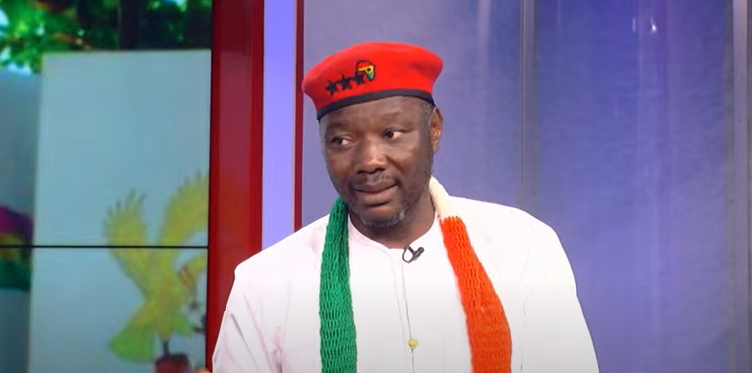In a significant legal development, the High Court has rejected an application from Bernard Mornah, the presidential candidate for the People’s National Convention (PNC), seeking to challenge the Electoral Commission’s (EC) decision to disqualify him from the upcoming presidential elections. This decision, delivered on October 21, delivers a substantial setback to Mornah and his party, especially in light of the approaching presidential elections scheduled for December. The court ruling underscores the tensions and complexities within Ghana’s political arena as parties prepare for a critical electoral battle.
Mornah’s disqualification was primarily attributed to irregularities found in his nomination forms, which the Electoral Commission deemed insufficient to satisfy the necessary criteria for candidacy. These issues not only led to his disqualification but also ignited a broader discussion surrounding the integrity of the nomination process and overall electoral fairness in Ghana. The Electoral Commission’s decisive stance raises questions about the standards employed during the candidate vetting process and how these impact the democratic principles at stake in the elections.
The controversy surrounding Mornah’s disqualification reflects deeper concerns about the electoral framework in Ghana. His situation has provoked a significant dialogue among political stakeholders, party supporters, and civil society organizations about the transparency and accountability of the EC in handling nominations. Many argue that such irregularities should be addressed to enhance the credibility of future elections and prevent potential electoral disputes that may arise from candidate disqualifications based on technical grounds.
As political parties gear up for the December elections, Mornah’s disqualification represents a critical issue within the broader context of Ghanaian politics. The PNC has faced challenges in mobilizing support and resources, and the removal of Mornah from the presidential race could severely diminish the party’s prospects. With Ghana’s political landscape being competitive, parties must present robust campaigns to gain the electorate’s confidence, and Mornah’s absence could skew the dynamic leading up to the elections.
Moreover, this ruling brings to light ongoing discussions about the role of the Electoral Commission and its influence on the democratic process in Ghana. Critics argue that the EC must ensure a fair and equitable system for all candidates, including a transparent approach to nominations and a thorough evaluation of disqualification cases. The implications of this ruling may extend beyond Mornah, potentially impacting the strategies of other political entities and shaping voter perceptions leading into the elections.
As the December elections approach, the focus will remain on how this ruling affects both the PNC and the broader electoral landscape. The party’s next steps in response to the High Court’s decision will be crucial in determining its political future and relevance in Ghanaian politics. Furthermore, the case underscores the importance of vigilance among citizens and stakeholders in safeguarding electoral integrity, ensuring that all candidates have a fair opportunity to compete, and maintaining the democratic ideals that underpin Ghana’s political system.


